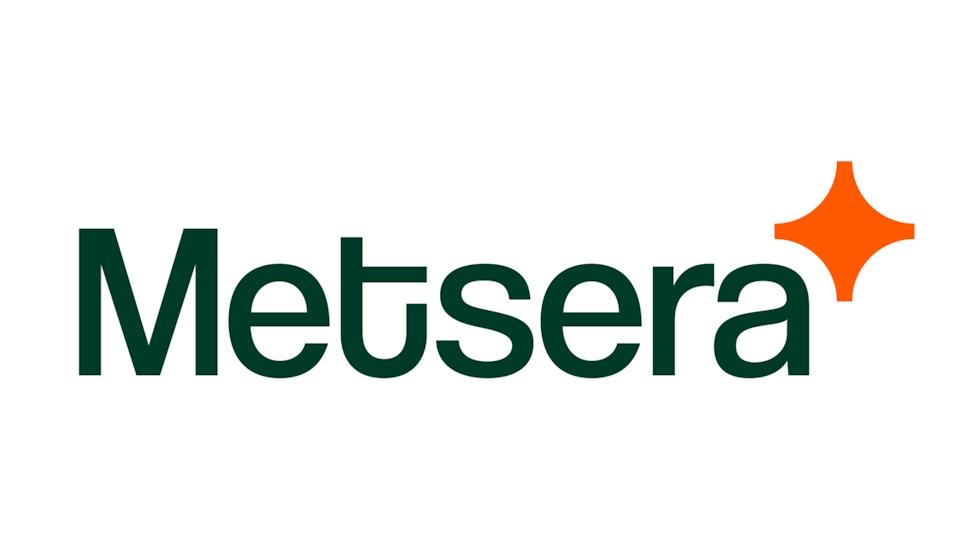The future of the FDA and drug regulations

The system of drug regulation is obsolete. To keep patients around the world safe, authorities like the US FDA must step up and deal with disruptive trends – without suffocating innovation, says Dr Bertalan Mesko.
Innovation in medicine is getting faster while the processes the US Food and Drug Administration (FDA) uses are sometimes decades old. The Patient Engagement Advisory Committee, launched in September 2015, was a great step forward. But regulators are unprepared for some big changes on the horizon.
Here are the top five issues that I believe will shape the future of the regulatory environment.
1) Patients taking action
If regulations don't support the trends and technologies that make lives better, patients will take action themselves. This trend is already apparent, fuelled by disruptive technologies like crowdsourcing. There is a chance that patients (or clusters of patient groups) might start acquiring/launching biotech companies to develop drugs and conduct clinical trials themselves without waiting for a regulatory agency to pave the way for them.
2) The 'Uberification' of healthcare
Uber has caused protests around the world by disrupting the taxi industry through making transportation available at lower prices. The company's success and price advantage was made possible in no small part through avoiding regulations. If on-demand care delivery services gain popularity in the same way, before proper regulations are put in place, the resulting chaos will threaten patients' health and caregivers' livelihoods.
The FDA will have to be at its best to prevent this. And it must hurry up - The Heal app (https://getheal.com/) and Go2Nurse in Chicago (http://www.go2nurse.com/) have already started this disruption around how healthcare is delivered.
3) Wearables
The wearable health tracker revolution is changing the healthcare status quo, as medical information is now available outside the ivory tower of medicine which previously kept this information solely in the hands of physicians.
There might soon be 'insideables' – namely, devices implanted into the body or just under the skin. There are already people who have had RFID chips implanted to enable them to open up a laptop, a smartphone or even the garage door. Another trend is that of 'digestibles' – pills or tiny gadgets that can be swallowed to track digestion and the absorption of drugs.
So far, the FDA has not been keen on regulating the wearable market heavily. But when such disruptive technologies hit the market, it will be years behind.
4) Direct-to-consumer genomic services
When the FDA shot down all direct-to-consumer (DTC) services from the likes of 23andMe and Navigenics, there was a belief that it would soon provide a regulatory framework for such services. But, two years on, these companies function on thin ice.
While the freedom to access information about our health is crucial, regulatory agencies must make sure that the data patients receive is accurate and is discussed with a genetic counsellor or physician. Otherwise, patients might interpret results wrongly. In five-to-10 years, genome sequencing will become accessible to almost everyone, and won't be limited to big companies with serious capital. When that time comes, the FDA will face a serious scenario in which patients access the information in their DNA and analyse it at home with services like IBM Watson. They won't need to involve any healthcare professional. But lifestyle and medical decisions based on such information will still require expertise that only trained physicians bring.
5) Real-time data gathered by insurance companies
Insurance companies such as Oscar Health have started issuing wearables to their customers, and offering incentives and rewards (like an Amazon gift card) if the customers agree to share their data obtained from health trackers. This motivates the patient to live a healthier life and doesn't require strict regulation. But current wearable technology only provides harmless information about the wearer's health, like steps taken or heart rate.
What will happen when every health parameter and vital sign can be constantly monitored using next-generation wearables, like digital tattoos? It's great seeing companies backing preventive medicine, but keeping patients' information private is crucial.
The Genetic Information Nondiscrimination Act (GINA) is a step in the right direction. The US law makes sure patients do not share genetic test results with their employers and insurance companies, as that could be used to personalise their insurance rates, punishing them, for example, for inherent genetic defects that they were born with.
But similar regulation that encompasses any health parameter will be much harder.
The progress of technology cannot be stopped. Similarly, we all want healthcare to be safe, affordable and efficient. However, to regulate these disruptive trends without stifling innovation, the FDA must have the clearest vision and the best knowledge about healthcare trends.
The biggest challenge today is that the regulators are not at the forefront of innovation and they cannot hope to anticipate and regulate changes that they don't yet understand.
Watch Dr Mesko's video on this topic here.
About the author:
Bertalan Mesko, MD, PhD is the Medical Futurist who envisions the next trends for companies and governments to ensure that a mutually positive relationship between the human touch and innovative technologies will rule the future of healthcare. He is an international speaker, consultant, geek physician with a PhD in genomics, and founder of Webicina.com.
Read more about technologies and trends that will shape the future of the pharmaceutical industry in his latest book, My Health: Upgraded. He is also the author of The Guide to the Future of Medicine.
He has given hundreds of presentations at institutions including Yale, Stanford and Harvard universities and the World Health Organization, along with the Futuremed course organised by the Singularity University at NASA. His work has been cited by CNN.com, the World Health Organization, National Geographic, Forbes, TIME, the BBC, the New York Times and Wired Science, among others.
Read more from Bertalan Mesko:











